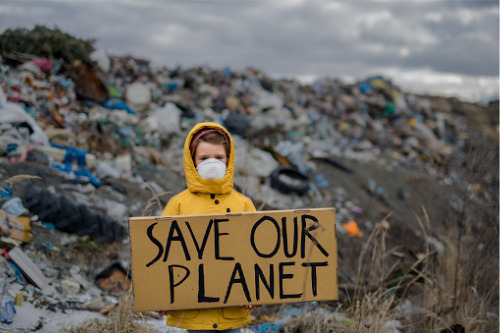

A think tank has urged more action from the financial sector to address climate change, following the release of a report from the UN’s Intergovernmental Panel on Climate Change (IPCC) that warned of more frequent and severe weather events caused by rising global temperatures.
A new report from Melbourne-based think tank Breakthrough has warned that a tendency in the financial sector to prolong a high-carbon economy by prioritising short-term financial gain has kept Australia from reaching its climate targets.
“In Australia, the ‘official future’ for the last two decades has been, and remains, climate denial and delay,” the report said. “Policy, such as it is in Australia, reflects a desire to stay within our comfort zone, using predatory delay to prolong the life of a high-carbon economy as long as possible for short-term financial gain, irrespective of the damage it may do to the community, and to the proponents themselves.”
The report also highlighted the role of regulators to “clearly incorporate and communicate the risks and uncertainties implicit in the climate science.”
“Regulatory institutions exert great influence in the framing of financial markets and corporate responses to climate change,” the report said. “If their recommendations are built on unrealistic assumptions, failure to properly address climate change becomes institutionalised, and that we cannot afford.”
According to Breakthrough, regulators “need to move beyond scenario analysis and transparent disclosure of climate impact, to work with scientists, policy-makers, business and financial leaders in defining the precautionary action that must now be taken to prevent catastrophic climate impacts becoming locked-in.”
“If the financial system is to survive and prosper, such precautionary action must ensure temperature outcomes do not trigger further tipping points or a ‘Hothouse Earth’ cascade and return the system to the stable climate conditions under which human civilisation flourished,” the report said. “This means emergency action to keep temperature increase to a minimum, as close to 1.5°C as possible, coupled with drawdown of current atmospheric carbon concentrations.”
